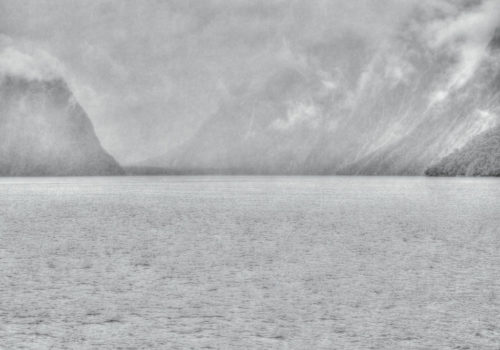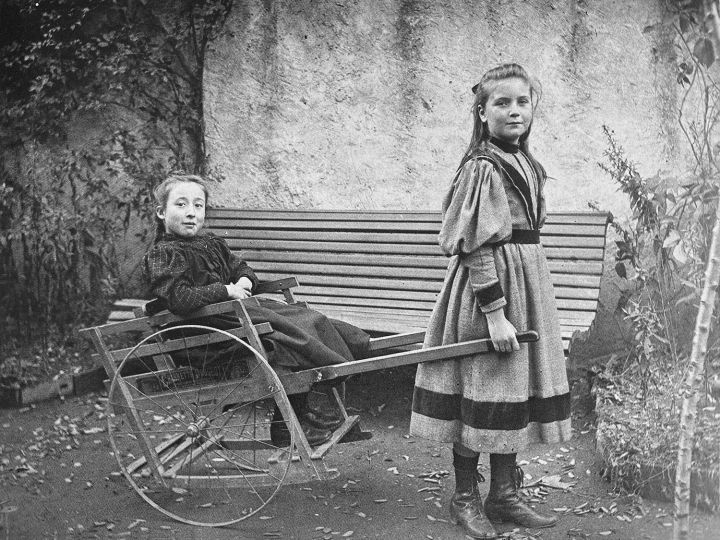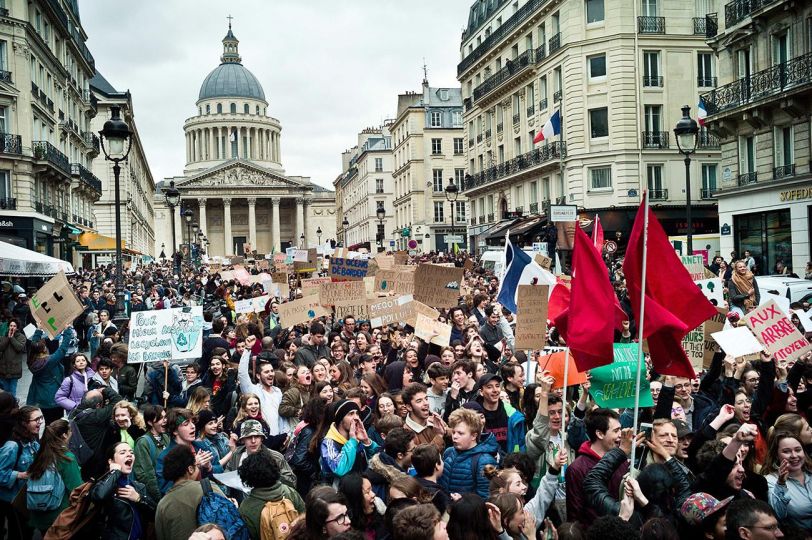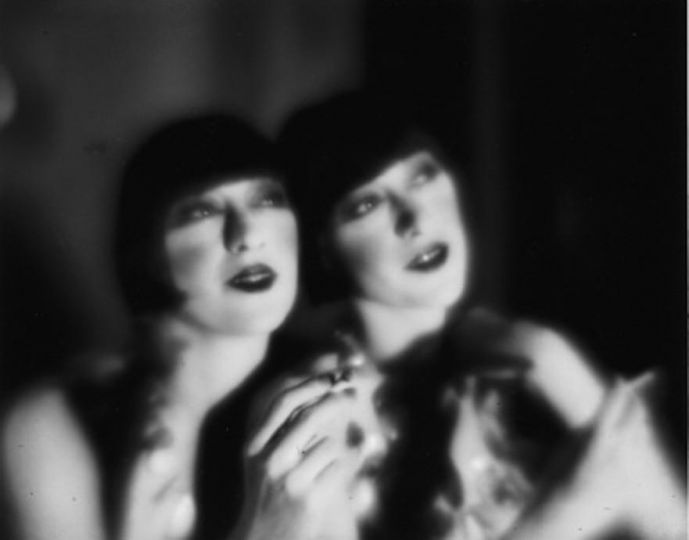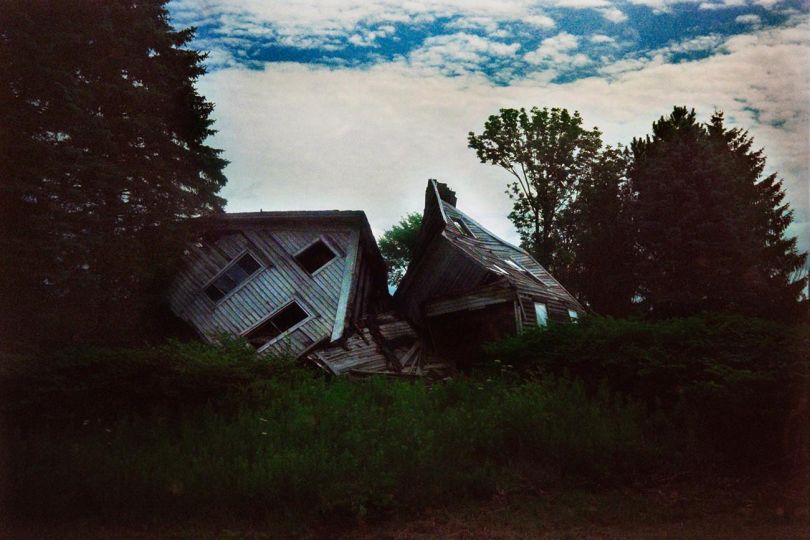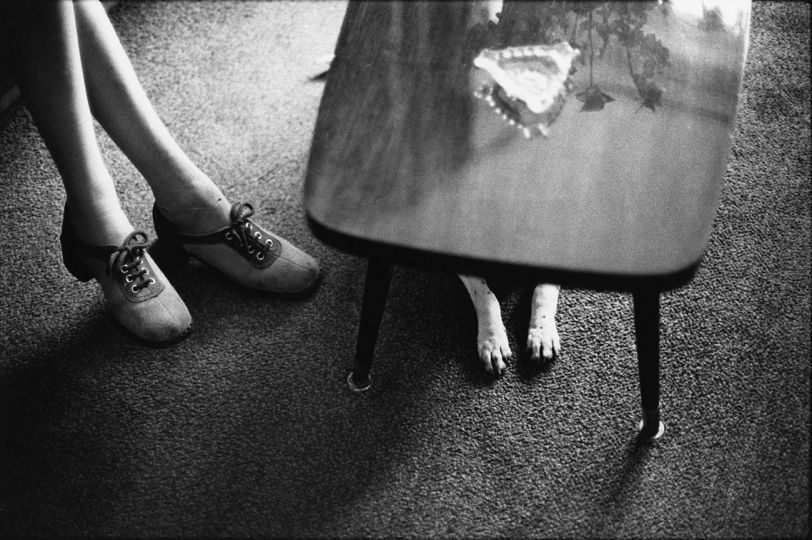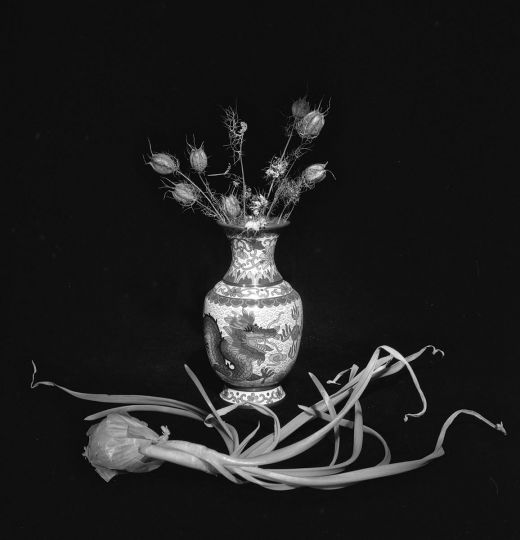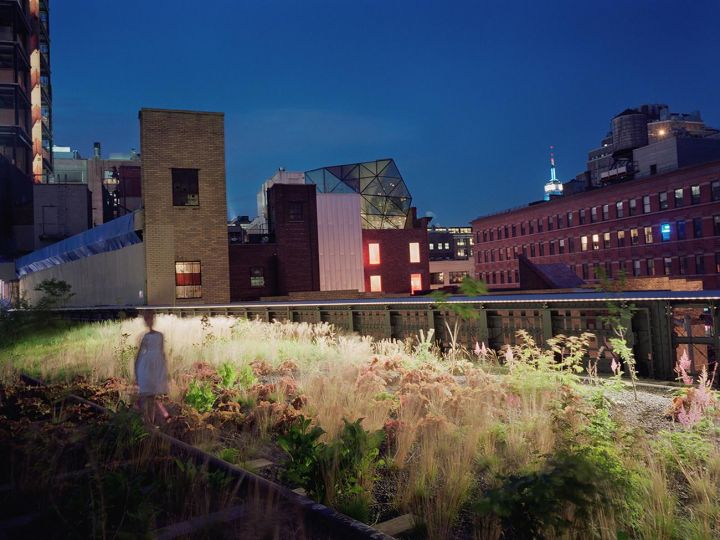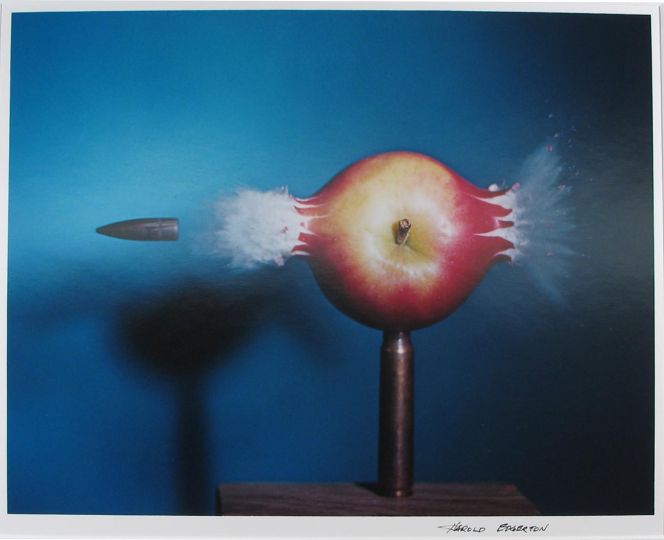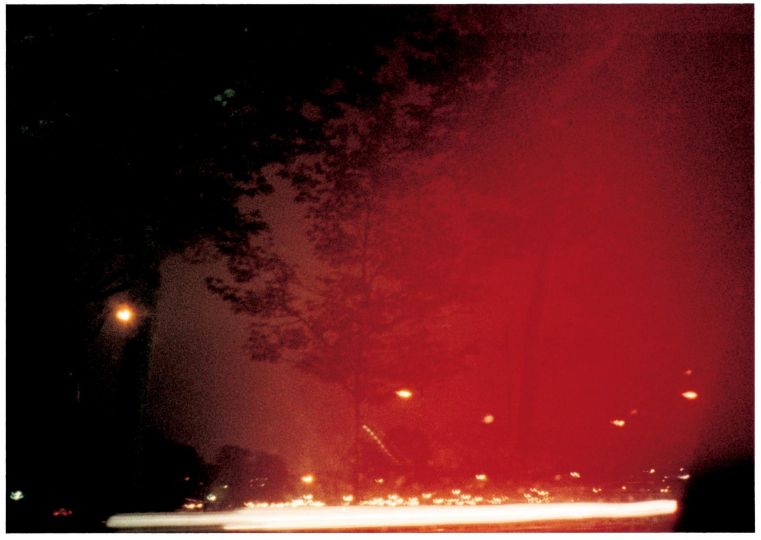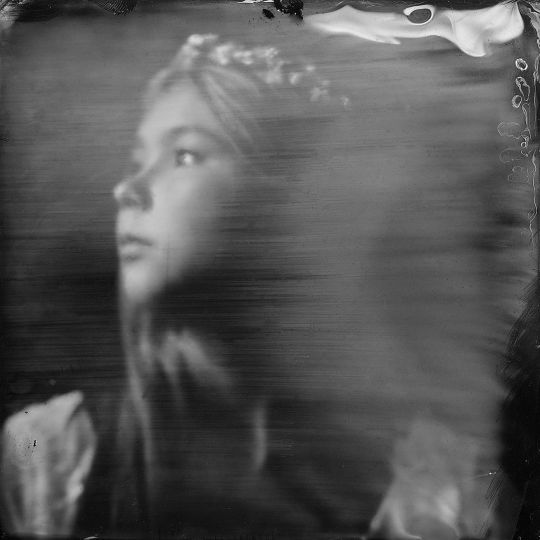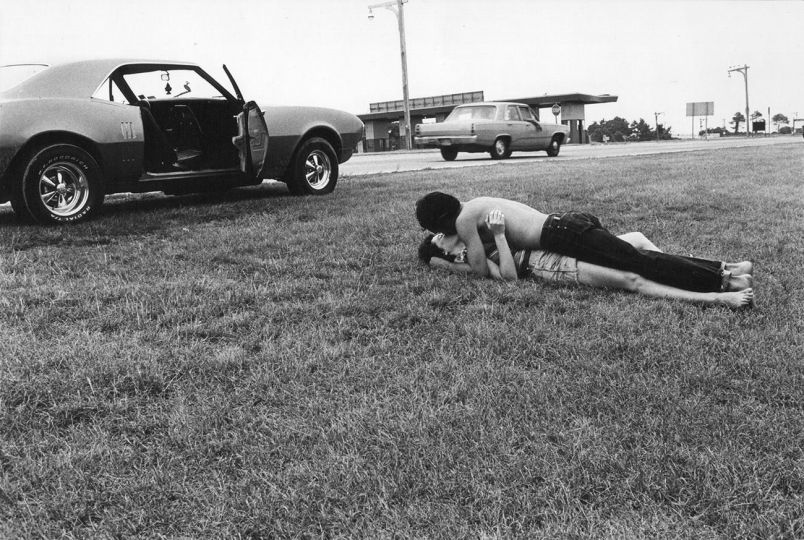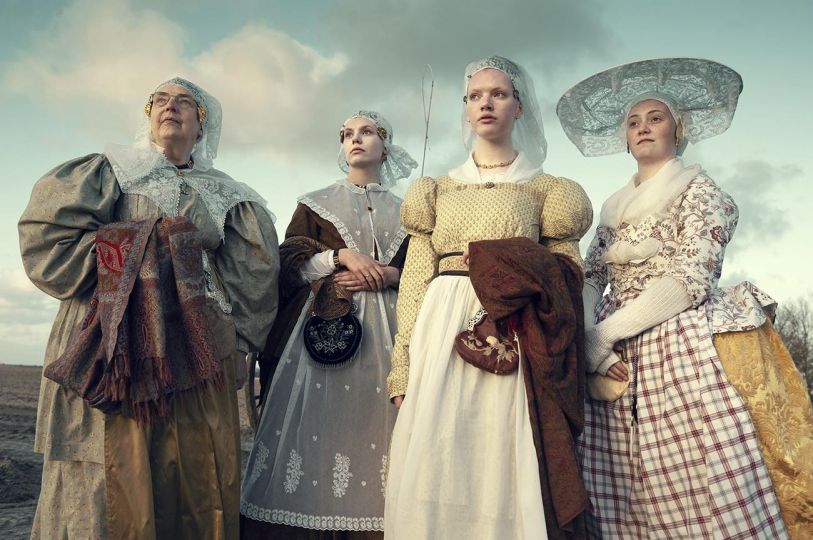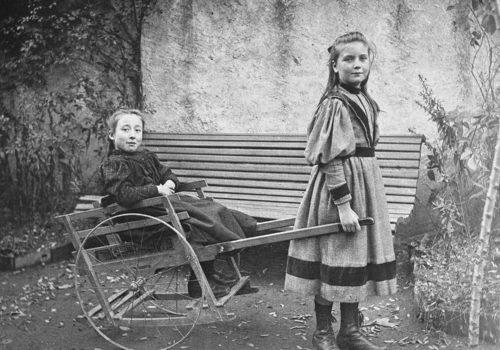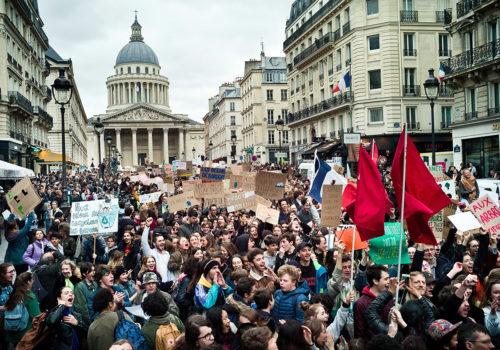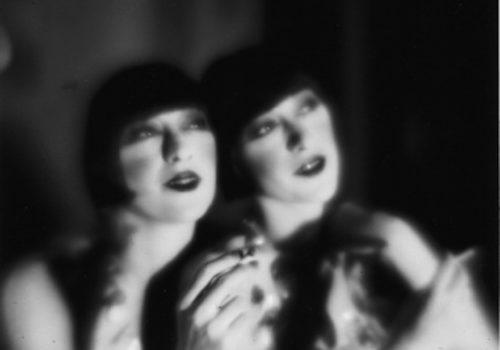A Penetrating Mind for Economy, and an Intelligent Eye for Nature
— An Interview with Jin Jiangbo
By Du Xiyun and Jin Jiangbo
Date: April 11, 2011
Venue: Jin Jiangbo Studio
Du: You’ve kept an open ear to the beating heart of the Chinese economy and a penetrating eye trained on the hidden trouble behind its superficial prosperity in recent years, as evidenced by your completion of the trio ‘The China Market Prospect’, ‘The Great Economic Retreat’ and ‘The Shanghai Engine’. What’s your general feeling after completing these works?
Jin: We all tend to look at photography as a window to the world or documentary medium or representation of something. As I see it, however, photography is a way of working that crosses different fields/sectors and looks deeply into social mechanisms. This manner of working lets photography look critically at the objects being photographed. We also like to see the impulse for contemporary artistic creation as a pure presentation of ideas and concepts. Working within a social mechanism such as the one we have in China, however, what an artist does is not merely artistic creation. He or she is obliged to assume a special cultural role. Under such circumstances an artist will often focus their antennae on a wide range of fields when studying cross-sector issues and their structural logic from within a cultural perspective.
Du: Many contemporary artists have tried to look into the Chinese economy from the sidelines of its breath-taking and phenomenal prosperity. Not so knowledgeable about economic matters, however, they have often fallen short of their dreams in an artistic sense. How have you managed to solve this problem?
Jin: First of all, this has something to do with an artist’s natural instincts. Secondly, it involves personal experience, knowledge of the territory and an artist’s living or working environment. I’ve become involved in that context and not only through my art. I’ve got opportunities in different business sectors and these have allowed me a diverse knowledge structure and expanded my information base, quite apart from widening my artistic horizons. As a businessman or an economic researcher, I would not use art as a way of predicting events that might take place in the economic field or to reveal issues hidden behind economic information. As an artist, however, I see many of elements that can be integrated into my work. Today art has penetrated other fields and many other fields have found their way into art, creating a growing amount of energy to fuel its development. Although I’m an artist, I’m making work from a cross-sector perspective and with resources sourced widely. I’ve not done everything so perfectly, to be frank. But I do cherish my way of basing analyses on these perspectives and resources. Looking back, I’ve got a clear view of the course of China’s economic development in recent years and the various kinds of changes it has experienced over the course of global economic restructuring, thanks to the integration of my artistic practice with a personal observation of this economic evolution. These changes experienced are both the result of the canon of economics and carry features of contemporary art practice. They are also the outcome of integrating sociology and politics, something really interesting, don’t you think?
Du: You’ve gone fairly deep into the playground of the Chinese economy and created a lot of art works from this catalyst. In your opinion, what is the most prominent problem haunting the Chinese economy?
Jin: Some people may guess that through my understanding of the path of Chinese economic development my idea is to expound on modern society, politics, economics or even the pattern of globalization, or else to get personally involved in all or any of these. For me, however, the social and cultural problems lurking beneath the economy such as the loss of belief structures and public trust attract greater attention. Excessive reliance on and attention to economic development has led people to take economic statistics as the exclusive yardstick for evaluating all things, and the only goal to be pursued and achieved. Now let’s ask one question: Is good economic quantity and scale everything? Even if we reach the material standards we desire, might we still feel unhappy? Why? The answer is that we’ve been going astray in our pursuit. This is a vexing problem.
Du: What is the most serious problem tarnishing the current Chinese economic model in your opinion?
Jin: Viewed from a global perspective, China and the Western world have long been cast as gaming or even warring parties since the Cold War so far as their relations are concerned. Many scholars have raised the idea of ‘financial wars’. As I see it, the Western world is driving towards an obvious strategic purpose. The capitalist countries led by the United States have constantly followed a strategy of ‘encirclement without annihilation’ against China. They’ve been trying to ultimately dissolve China’s special social system through indirect and non-ideological confrontation, through economic penetration, that is. By way of financial contraction, they hope to eat into what China has achieved and accumulated and ultimately fan the flame of political and social change or revolution in China. Already, the Chinese economy is moving toward formidable bubbling, as evidenced by lingering inflation, constant appreciation of the yuan against foreign currencies and its depreciation at home, and the runaway cost of housing prices.
In essence, economic security is not just a business issue. It has a bearing on national security. Viewed from another angle, however, I believe we Easterners have our own wisdom. We have a long history, a history that has seen ruin, but always risen again. During the current process of global economic restructuring and reallocation of political rights of discourse, the significance of Eastern wisdom will become even more noticeable. In many cases we may not try to deal with crisis through annihilation. Instead, we can exploit our wisdom to defuse or dissolve crises, whether national or international. In my opinion, the renewal of cultural understanding of our unique features and charms and the bringing of these elements into economic development and modeling to reform the very core of our spiritual values, may help dispel concerns over the pursuit of a society fixated on monetary wealth.
Du: After completing the trio of works, what will be the focus of your artistic practice?
Jin: After years of study and making art I’ve gradually deepened my understanding of our society and come to know my living environment better. I’ve also got to better see the importance of practical work in artistic creation. As I see it, being an artist is both an occupation and a job. It is understandable that artists have come to see making work as their particular professional pursuit. But personally I’d like to see creating art works as a tool for recognising and regulating my own status. With this understanding, I’ve never felt so strongly purposeful or so definitely tactful in pursuing my practice. This state of mind keeps my spirits high and gives me a sense of happiness. I’ve never considered making art as a path to fulfill any professional goals.
Du: You’ve never thought of success?
Jin: No, never. I believe once you set parameters for your profession you strive for professionalism. I’ve recently tried to manage my state of mind to bring out the cultural inspiration of my inner mind. I’m used to trying my hand in different fields, and quite enjoy doing so. I firmly believe that so long as I remain as an artist I can manage to connect different skills and fields and obtain a thorough comprehension of them all by analogy. This way, we can get a new understanding of our social ecology, slant on life, spiritual orientation, and psychic destination.
Du: You’ve just mentioned spiritual orientation. Can you elaborate?
Jin: I’ve just spent more than three months studying as a visiting scholar at the University of Auckland in New Zealand. New Zealand boasts a natural environment of extreme purity and beauty. It is a country where you can slow down the pace of time. The population is small. Many parts of this country are still untouched by urban development. The local people are extremely rigorous about environmental protection and for these reasons New Zealand has come to be known as ‘the last piece of pure land’ available to mankind.
I drove for nearly 5,000 kilometers across the country. I climbed its snow-capped mountain peaks, sailed deep into its seas, travelled across its untouched pastures and shuttled between its beaches and ports. Totally merging into its nature, I no longer remembered myself. To forget oneself is a state of mind and to lose oneself is a spiritual attainment. I’ve termed my experience in New Zealand as ‘a form of dialogue with nature.’
I’ve always believed that I never photograph nature in a photographic manner. Neither do I take it merely as an experience. When I come face-to-face with nature, the unique perspectives of Oriental culture lurking in my inner mind will manifest themselves. I always recall, for instance, the mountains-and-rivers paintings of the Song Dynasty, so wonderful and beautiful in their artistic conception. Once you come to feel the universal truth of ‘co-existence between all things on the earth and oneness of man and universe’, you will truly harmonise with nature, something you can hardly achieve in a modern society.
Du: When you experienced nature in New Zealand with the cultural psyche of the Chinese did you harbor the same outlook on nature and universe as that loved by our Chinese ancestors, or something different?
Jin: I’m not trying to link to my ancestors, although I admit that I’m ancestrally influenced. The Oriental outlook on nature is fairly simple, as I understand it. It sees harmony and co-existence between man and nature, with man merely a part of nature instead of its ruler. The two come into harmonious unity. When I was in New Zealand I did not make a special effort to be conceptually close to our ancestors. In my opinion, the Oriental outlook is even higher than the concept. Our ancestors have developed the concept, but behind this lies an outlook. It is an outlook peculiar to our civilization, one that creates an aura to encompass everything including body and mind.
Du: This wonderful landscape awakened the cultural gene deep in your inmost mind, although it actually has nothing to do with the Song Dynasty mountains-and-rivers paintings you’ve known. But some coincidence provoked your cultural consciousness. All of a sudden you came to realise that, as an Easterner, this is the way you look at the world and relate to the world. Am I right?
Jin: Yes, you’re right. It is not so important whether the mountains and rivers are in New Zealand or in China.
Du: We are back at the ancient belief of ‘unity between man and universe’, something that cannot be felt in contemporary everyday life. Only when you truly get into nature do you feel it and come to the sudden realisation that it is so. Right?
Jin: Numerous new ideas and concepts can be created in text. Once in high mountains, by surging waters, great oceans, deep valleys or calm lakes however, you will receive a cleansing of your body and soul and come to feel the link between man and nature. It is only at such a moment that you will ask yourself questions such as ‘which direction should we go’ and ‘what will be our destiny’? When you get to a certain age, you will realise that many things you’d cherished before are not so important at all, while many other things that you’d thought to be too simplistic become increasingly realistic. People may talk about our future just from a fatalistic point of view, be they Easterners or Westerners. Man is so small compared to the vast universe. The true significance of life lies in natural sunshine, clean rivers and flowers and grass bathed in morning dew.
Jin Jiangbo

